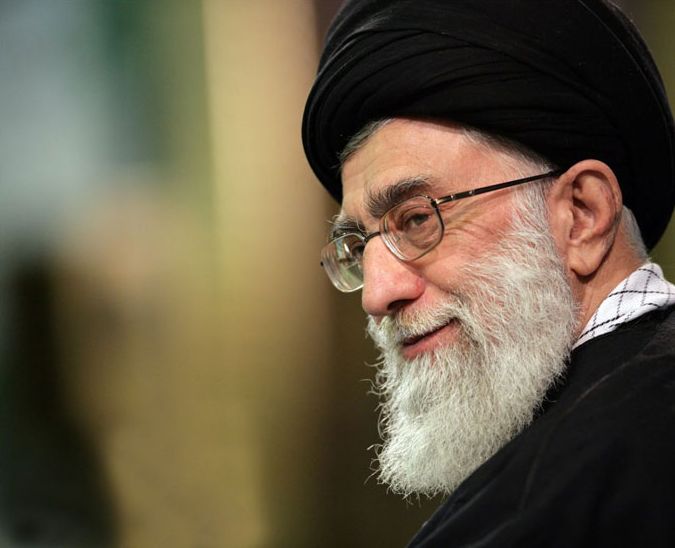UPDATES
Can Iran block America’s ‘Internet in a suitcase’?
July 20, 2011 | Geoffrey Levin

Several weeks ago, the New York Times reported an Obama Administration effort to distribute a device it had developed called ‘Internet in a suitcase’, which could bring web access to dissidents in authoritarian countries across the world. The report stated:
Financed with a $2 million State Department grant, the suitcase could be secreted across a border and quickly set up to allow wireless communication over a wide area with a link to the global Internet…The State Department, for example, is financing the creation of stealth wireless networks that would enable activists to communicate outside the reach of governments in countries like Iran, Syria and Libya, according to participants in the projects.
This week, Iranian intelligence minister Heidar Moslehi responded to the news:
The minister, Heidar Moslehi, told Muslim worshippers that Iran was aware of the program from the start. “We prepared a solution for it,” he said in a speech broadcast live on state radio. He did not elaborate
Earlier this month, Iran’s telecommunications minister, Reza Taqipour, said Iran is taking technical measures to combat the program. Taqipour was quoted by state media as saying that the program is part of a “cultural invasion” by Iran’s enemies aimed at promoting dissent and undermining Iran’s ruling system.
The Arab Spring protests highlighted the important role the Internet plays in modern uprisings and protest movements, with Libyan dissident Malik Ibrahim Sahad saying that he did not think the Libyan uprising would have been impossible “without the existence of the World Wide Web.”
There is reason to doubt the Iranian officials who claim to be able to block this technological advance, which threatens a regime with a reputation for quashing free speech. Last month, an AIJAC Update noted Iran’s plan to create its own internet, thus cutting online ties with the rest of the world. In 2009, the anti-Ahmadinejad Green Movement in Iran failed to achieve the democratic reforms it hoped for, but technologies like these could ensure that next time, things may end differently. Until then, the Iranian regime’s horrors, such as the acts of torture recorded by Maziar Bahari in Newsweek, show no sign of ending.
Geoffrey Levin
Tags: Iran





